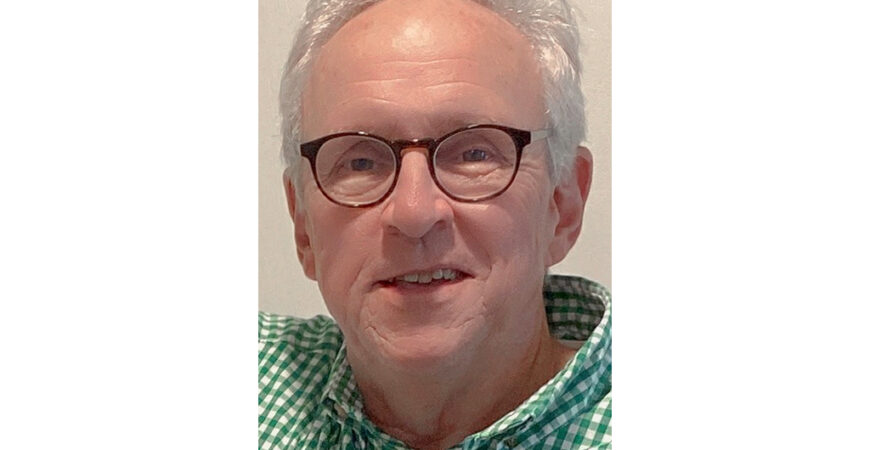My wife and I arrived at John F. Kennedy International Airport on Christmas Day. We spent Christmas week in New York City visiting with our children. We watched the Rockettes high-kick their way through a fabulous show at Radio City Music Hall. We saw the movie Wicked at a theater in Times Square. We enjoyed afternoon tea at The Russian Tea Room in Midtown Manhattan.
On the day after Christmas, we took in the holiday displays in the windows of department stores such as Macy’s and Saks Fifth Avenue. As I stood outside Bergdorf Goodman at the corner of 5th Avenue and 58th Street, I was struck by the enormous diversity of the human race. I lost track of the number of languages I heard spoken by passersby, all of whom were going about the business of being human beings.
I was reminded of Thomas Merton’s experience on a street corner in Louisville, Kentucky, which he described so eloquently in his book, Conjectures of a Guilty Bystander. (Disclaimer: I do not claim to have Merton’s spiritual insight, but my experience was a much needed reminder of the great world beyond my own concerns and experiences.)
Merton, an American Trappist monk and theologian, wrote: “In Louisville, at the corner of Fourth and Walnut, in the center of the shopping district, I was suddenly overwhelmed with the realization that I loved all these people, that they were mine and I theirs, that we could not be alien to one another even though we were total strangers. It was like waking from a dream of separateness, of spurious self-isolation in a special world. . . . This sense of liberation from an illusory difference was such a relief and such a joy to me that I almost laughed out loud. . . . I have the immense joy of being man, a member of a race in which God Himself became incarnate. As if the sorrows and stupidities of the human condition could overwhelm me, now that I realize what we all are. And if only everybody could realize this! But it cannot be explained. There is no way of telling people that they are all walking around shining like the sun. Then it was as if I suddenly saw the secret beauty of their hearts, the depths of their hearts where neither sin nor desire nor self-knowledge can reach, the core of their reality, the person that each one is in God’s eyes. If only they could all see themselves as they really are. If only we could see each other that way all the time. There would be no more war, no more hatred, no more cruelty, no more greed. . . . But this cannot be seen, only believed and ‘understood’ by a peculiar gift.”
I sometimes see a bumper sticker that says, “You will never look into the eyes of someone that God doesn’t deeply love.”
This expresses both Merton’s and my experiences in large cities. But the same is just as true in our small towns in Duplin County. To quote Merton again, “If only we could see each other that way all the time.”
Philip Gladden is a retired minister who lives in Wallace.
 Twitter
Twitter Facebook
Facebook Instagram
Instagram






